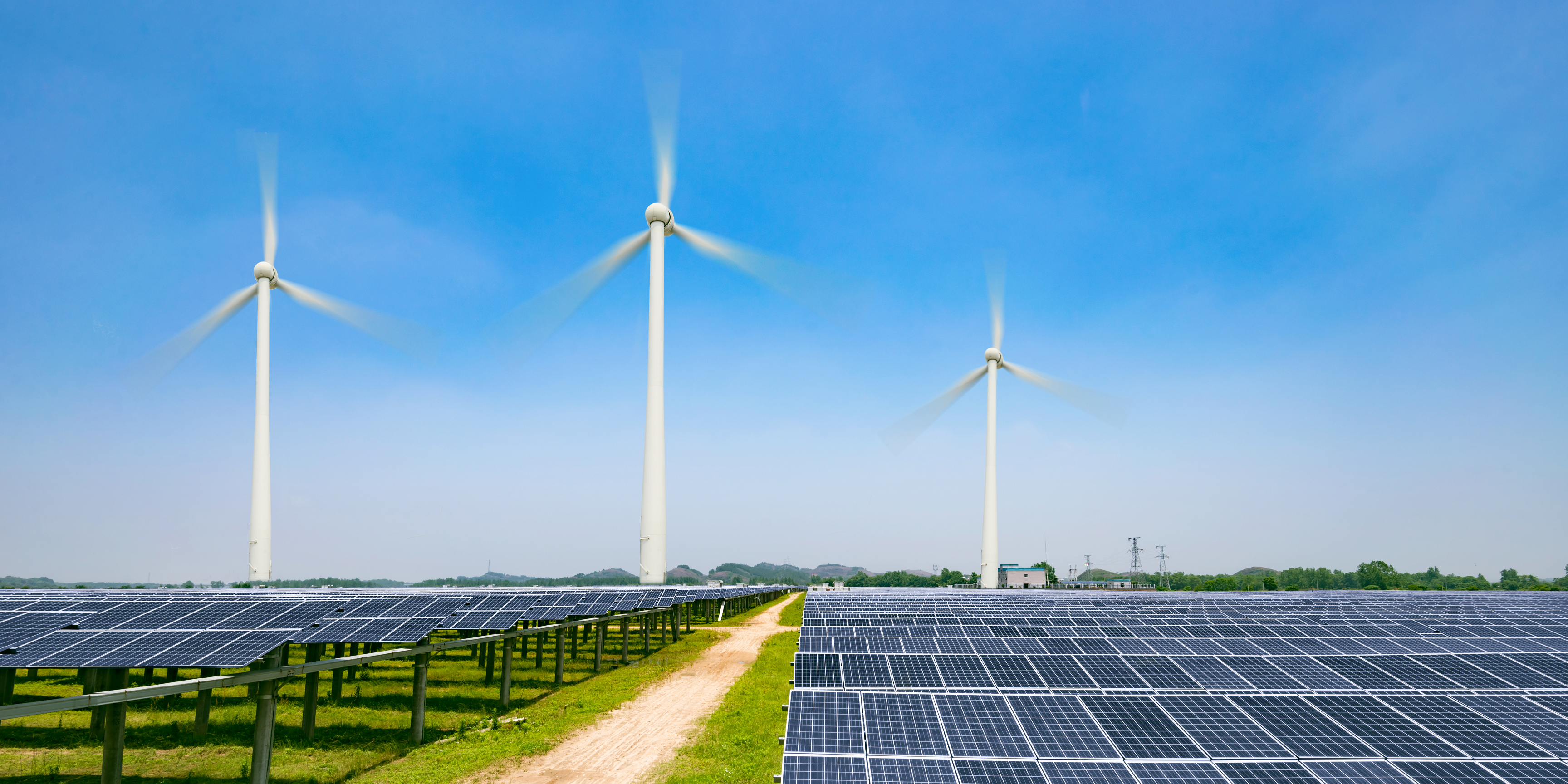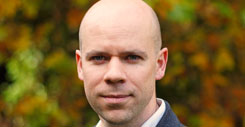
1 April 2022 - Eliot Whittington, Director of the Corporate Leaders Groups, considers why it is more important than ever that we stay on track for net zero, to create strong and resilient economies around the world.
We are in troubling times. From the Covid-19 pandemic, to the pain of increasing living costs, to the war in Ukraine. These are all real and present challenges that affect our everyday lives, and they can feel like they crowd out the space to think about anything else.
Of course, while we must face up to and directly address these major challenges of the moment, many of us are also conscious of longer-term challenges like climate change, inequality and the loss of nature.
What is hugely positive is that a growing range of solutions and actions can deliver what we need for a strong, resilient future across the board. We can have a future which delivers prosperity and opportunity, together with all the things we most need and value – cleaner air and water, reinvigorated and resilient communities, better public health, and more.
We can pursue net zero specifically, and climate action and adaptation more broadly, by taking exactly those actions that should help us be more resilient to global challenges, more efficient in how we use energy and less exposed to volatile fossil fuel prices and the geopolitical challenges that come with them.
However, it is as unsurprising, as it is depressing, that as each crisis has surfaced a small, but persistent group of voices has co-opted these issues to question efforts to tackle climate change.
They tell us we can’t afford to pursue a net zero strategy to bring the climate crisis under control at this time, and every issue of the moment is cited as a proof point to support their case.
But as climate commentator Richard Black makes clear in his book detailing the climate contrarian movement this case is rarely made honestly, but is instead littered with half-truths, misrepresentations and outright lies. Without wishing to claim that the journey to net zero is simple, or free from problems or costs, the truth is that not only can we afford to work on net zero, we can’t afford not to.
Put simply, the world is complex. Of course, we need to respond to the challenges of the day, but we can’t let immediate crises blow us off course from our long-term goals. Nor can we put off the urgency of work today aimed at ensuring we’re prepared for tomorrow’s challenges.
The sad fact is that our failure to address questions around resilience, risk and our long-term future strategically has made the impact of today’s challenges more acute and troubling than they need to be.
If we were further advanced on the journey to a net zero energy system, we would be less reliant on the gas supplies that are both the major source of increased energy costs and that tie us to Vladimir Putin’s Russia. If we had delivered stronger efforts to improve and modernise our housing to a high level of efficiency then we would be facing far less pressure on household bills. And were we to take the long-term resilience of our economy and society seriously then arguably we would be more prepared for systemic risks like a global pandemic.
While it is understandable that the politics of this would have looked difficult before the events of the last two years, there is now no excuse to not think systemically about how the security and safety of a country can be affected by global issues and prepare a country to withstand the shocks.
Of course, at the end of the day, the essential driver behind net zero and broader sustainability changes is that we have clear scientific warnings of the growing human, economic and environmental costs of climate change and nature loss – spelt out in a rapidly growing ledger of lost lives, livelihoods and ecosystems. This ongoing trail of destruction and decline cannot be allowed to continue a second longer than it must. We need instead to reorientate our economies and societies so we live in harmony with nature rather than at odds with it.
But finally, we also must remember that considerable opportunities are available from the journey towards net zero. As we free ourselves from the deadweight of fossil fuel costs, we can unlock increased economic growth. As we introduce innovation and new approaches, we can both strengthen strategic sectors that should be at the forefront of the new economy, and also create new jobs and opportunities for employment. As we look at a more engaged, innovative economy we can spread the proceeds of new economic activity more fairly.
It is more important than ever that we stay on track for net zero, to create strong and resilient economies around the world.






